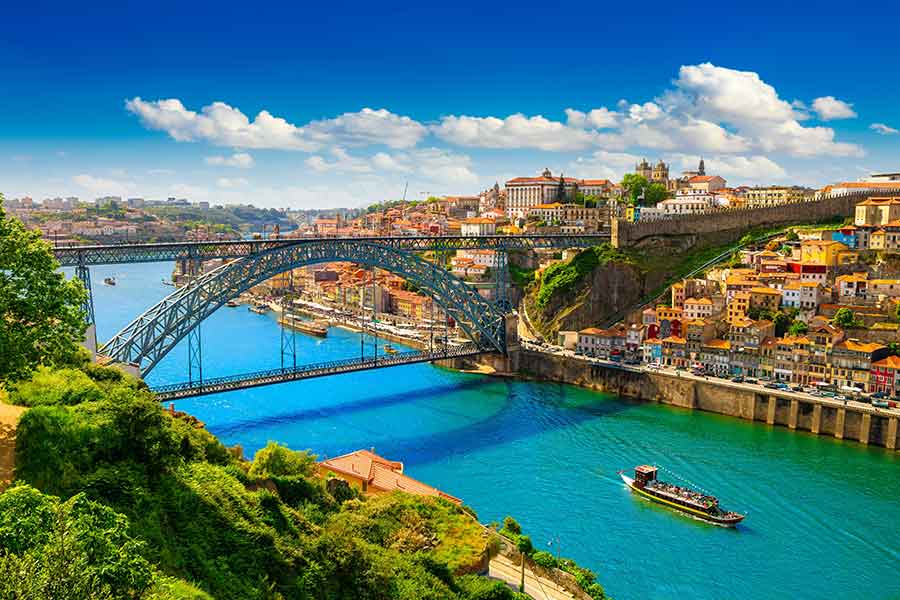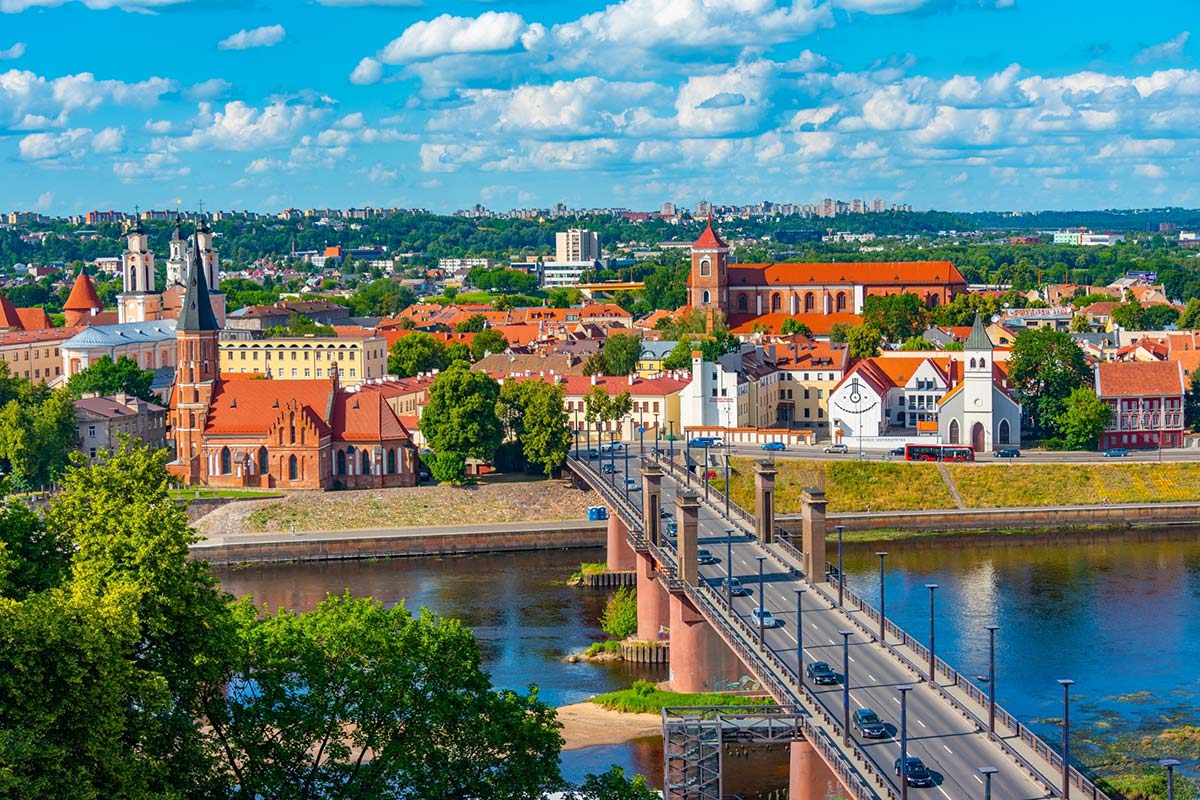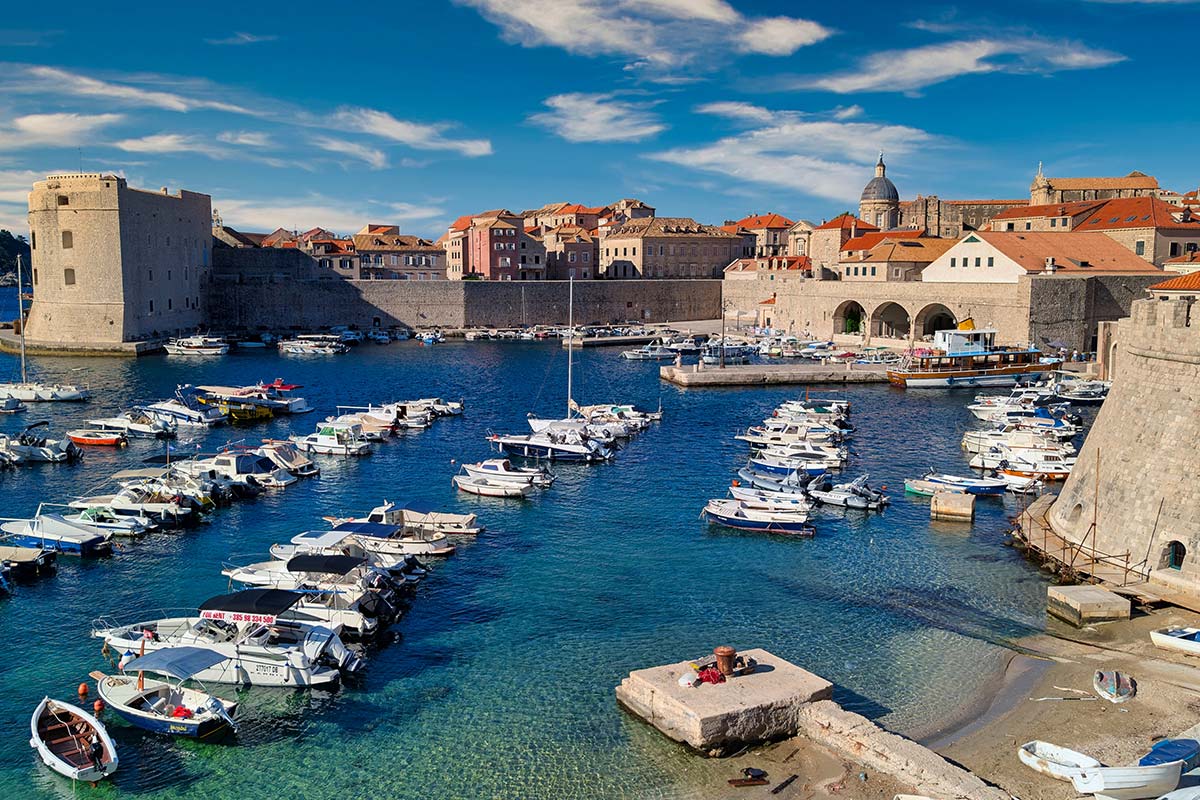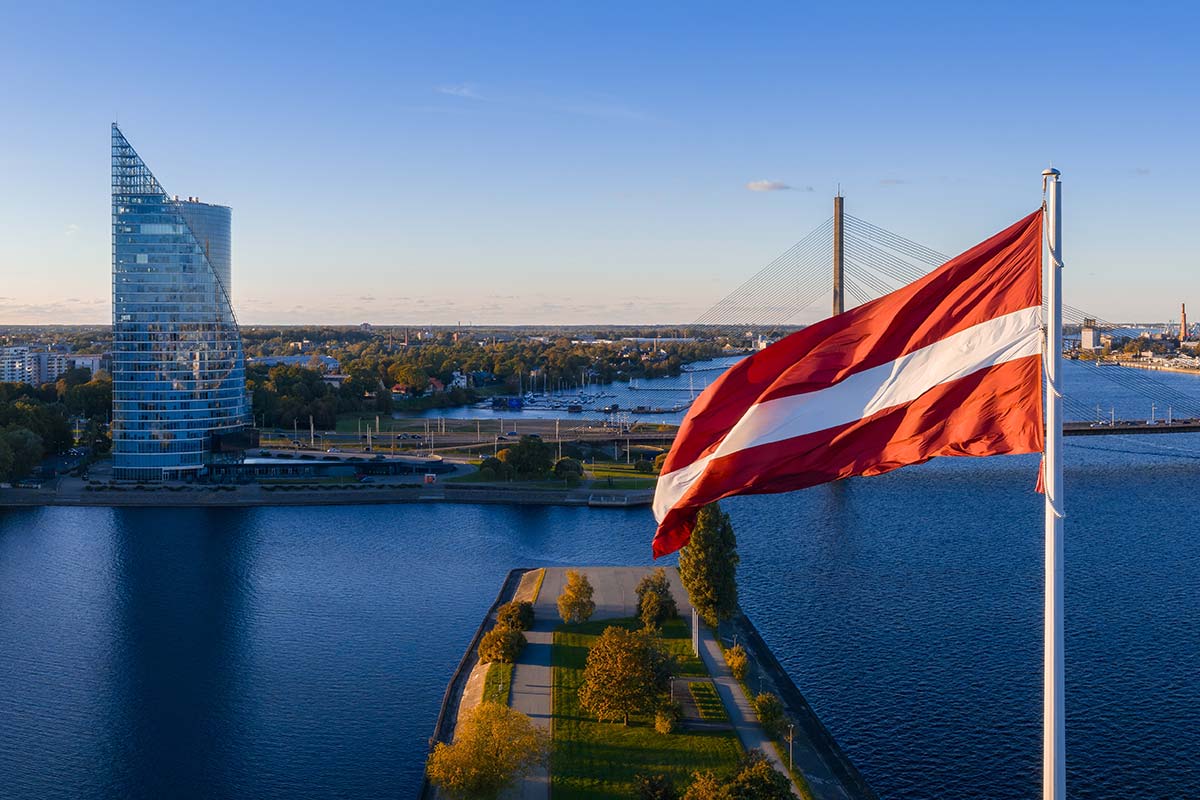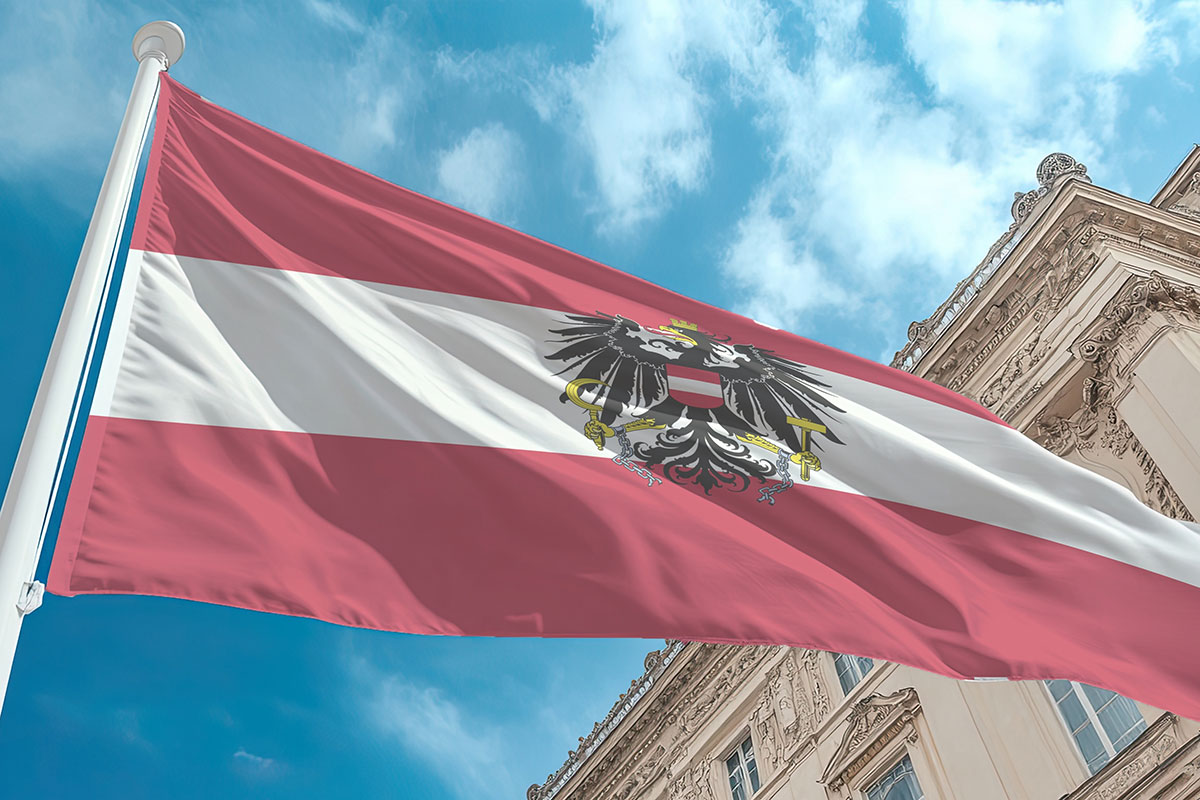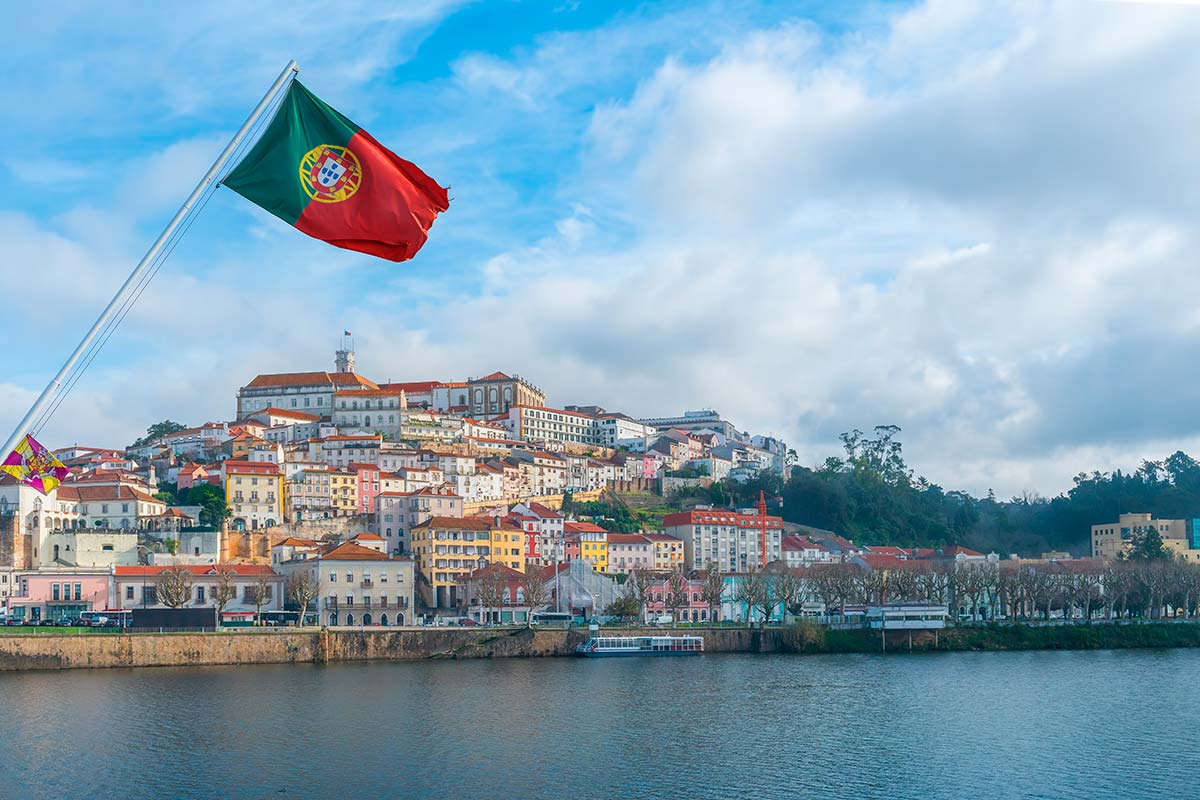Content
Foreign nationals have the right to obtain a residence permit (residency) in Portugal if they have valid reasons to reside in the country. Applicants must provide documents proving the necessity of staying in Portugal for a period longer than 90 days.
The Agency for Integration, Migration, and Asylum (AIMA, Agência para a Integração, Migrações e Asilo) is responsible for processing residence permits in Portugal. This organization has assumed all the responsibilities previously held by SEF (Serviço de Estrangeiros e Fronteiras).
The initial biometric residence card is issued for 24 months and can be extended for another 3 years, provided that the applicant continues to meet the same residence conditions and legal requirements.
To renew the document, applicants must contact their local AIMA office no later than 30 days before their current residence permit expires. Permanent residency (PR) status can be obtained after 5 years of legal residence in the country.
Conditions for Obtaining a Portuguese Residence Permit
The Portuguese residence permit is issued in the form of a plastic card featuring a digital photo and an electronic chip that contains the holder’s encrypted identification data. The document includes information about the foreign national, the validity period of the permit, and the grounds on which it was issued.
AIMA issues two types of residence permit: One that allows the holder to engage in subordinate (i.e., employed) professional activity within the country. One that does not grant this right.
If applicants have valid grounds and a complete set of required documents, they are entitled to change the type of card in accordance with their circumstances.
Today, some European countries offer more lenient immigration programs for obtaining residence permits. For example, in Serbia, it is possible to obtain residency for one year within 1–2 months, with the option to extend it. To compare current relocation options to a European country and discuss the details of the immigration process, it is recommended to consult an expert in international law in a one-on-one consultation.
What Documents Are Required for a Residence Permit in Portugal
To obtain a residence permit in Portugal, applicants must gather the following documents:
- Application Form.
The form is available on the official AIMA website. It must be completed in Portuguese and signed. If the application is submitted online through the electronic portal, printing the form is not required. - Identity Document with Entry Authorization.
A valid passport with copies of the pages containing personal information and the D-type visa used to enter the country is required. - Proof of Financial Means.
The applicant must have a monthly income equal to or greater than the Portuguese minimum wage. If relocating with family, the amount increases by 50% for a spouse and 30% for each child under 18. - Authorization for Criminal Background Check.
This document can be downloaded from the AIMA website and must be signed. It authorizes the agency to check the applicant’s criminal record in Portuguese databases. - Proof of Accommodation.
Applicants must provide one of the following: a rental agreement, proof of property ownership, or a letter of guarantee from the current property owner in Portugal confirming the applicant will be provided with housing. - Police Clearance Certificate.
This document must be obtained from the applicant’s country of origin and any other country where they resided for more than six months. It must be translated into Portuguese and apostilled.
In addition to the core set of certificates and statements, the application file must include documents confirming the grounds for relocation:
- Employment contract;
- Proof of family relationship with a current resident or citizen of the country;
- Company registration documents;
- Evidence of independent financial activity or other relevant documentation.

How to Obtain a Residence Permit in Portugal
The rules governing border crossing and the residence permit procedure are regulated by Portuguese Law No. 23 of July 4, 2007, «On the Legal Regime of Entry, Stay, Exit, and Expulsion of Foreign Nationals from the National Territory». According to this law, the official processing time for a residence application is 90 days. However, in practice, the waiting period for a decision on a Portuguese residence permit often exceeds six months.
Subordinate Employment (Work-Based Residency)
Foreign nationals who have signed an employment contract with a Portuguese or international company operating in Portugal are eligible for a work-based residence permit. In addition, prospective employees must register with the Portuguese tax office to obtain a Tax Identification Number (NIF – Número de Identificação Fiscal).
A residence permit application can be initiated by contacting the Portuguese consulate in the applicant’s country of residence. The applicant will receive a D-type immigration visa, which allows them to enter Portugal legally and apply for the residence card after arrival.
To successfully renew the residence permit, the applicant must present the last three salary slips from their current employer or provide a new contract with another employer within Portugal.
Travel freely to over 170 countries
Family Reunification
Foreign nationals residing in Portugal with a valid residence permit are entitled to apply for the same status for their immediate family members—a spouse, children under 18, or adult children if they are unmarried and studying in Portugal. A residence card may also be granted to the main applicant’s parents if they are financially dependent. Unmarried partners in a de facto union are also eligible for a residence permit.
In addition to the standard documentation package, applicants must provide proof of family relationship, evidence of sufficient means of support, and housing in Portugal.
The application for family reunification must be submitted by the main resident already residing in the country. Once approved, the spouse, parents, and children may apply for a visa at the nearest consulate and then immigrate to Portugal.
The immigration process to a developed European country requires strict compliance with local laws and procedures. To avoid potential rejection of your application or penalties for unlawful stay, it is advisable to consult a migration law specialist in advance. A lawyer can help identify the most suitable relocation options for Portugal and develop a detailed step-by-step plan to obtain European residency.
Self-Employment
Foreign nationals who have established a company in Portugal or registered as sole proprietors are eligible to apply for a residence permit. To register a residency application, applicants must prove they have the professional qualifications required for their specific line of work by submitting diplomas or certificates. They must also register with the Portuguese tax authority to obtain a Tax Identification Number (NIF) and apply for a Social Security Identification Number (NISS – Número de Identificação de Segurança Social).
Self-employed individuals are not permitted to work as employees in local companies. However, they may change the type of residence permit they hold if they secure an employment contract. If taxes are paid on time and the applicant maintains stable independent professional activity, the residence permit can be successfully renewed.
Education
Applicants admitted to a study program at a Portuguese university are eligible for a student residence permit. The student residence card is valid for 12 months. The applicant must provide proof of sufficient financial means to support themselves for the duration of one academic year. This may include a sponsorship letter indicating the sponsor’s income or a bank statement.
Additionally, students must obtain health insurance coverage for the entire duration of their studies in Portugal. Upon successful completion of the current academic year, the residence permit may be renewed for an additional term.

Investment
Foreign nationals who make qualifying investments in accordance with Portuguese law are eligible to apply for a residence permit. To request a resident card, one of the following investment options must be fulfilled:
- Capital transfer of at least EUR 1.5 million;
- Real estate purchase starting from EUR 500,000 (This threshold may be reduced to EUR 350,000 if the property is over 30 years old and requires full renovation);
- Creation of at least 10 jobs;
- Non-refundable contribution of at least EUR 250,000 to artistic production or cultural heritage support;
- Investment of EUR 500,000 or more in a venture capital fund;
- Incorporation of a company with capital of at least EUR 500,000 and the creation of 5 permanent jobs.
A residence permit obtained through significant financial investment is issued for an initial period of two years and does not require continuous residence in Portugal. To maintain resident status, investors must spend a minimum of 7 days in the country during the first year and 14 days in each subsequent year.
In addition to the standard document package, applicants must provide proof of financial transfers or real estate purchases in accordance with the established requirements.
It is also possible to gain the right to reside in Portugal without applying for a local residence permit. To do so, one can obtain an EU passport through a simplified procedure within approximately 12 months in one of the member states. A detailed relocation plan for all family members can be developed with the assistance of an expert in international law.
How Much Does It Cost to Obtain a Residence Permit?
Applying for residency in the Republic of Portugal is a lengthy process, and the cost varies depending on the specific type of residence permit. Immigration through investment involves substantial capital contributions to real estate or business within the country.
Relocation based on family reunification or employment is less expensive but may not be a suitable option for all foreign nationals.
Overview Table of Key Expenses for Obtaining a Residence Permit:
| Expense Category | Cost (€) |
|---|---|
| National D Visa | 90 |
| Residence Permit Application | 85.05 |
| Biometric Residence Card Issuance | 50.63 |
| Document Delivery to Address | 25.31 |
| Translation and Notarial Services | 200 |
What Are the Benefits of Residency in Portugal?
A Portuguese residence permit offers the following advantages:
- The ability to stay in a European country for more than 90 consecutive days;
- Access to the national healthcare system;
- Eligibility for social assistance, including unemployment benefits, maternity payments, and child allowances;
- The right to work for local companies;
- The ability to accumulate work experience and qualify for a Portuguese pension upon reaching retirement age;
- A favorable tax regime for immigrants — 20% income tax for the first 10 years of residence;
- No Portuguese language requirements;
- The ability to travel within EU countries without obtaining an entry visa.
You can discuss all the pros and cons of current EU immigration programs, including the option of relocating to Portugal for permanent residence—with a leading specialist in international law.
Reasons for Refusal of a Residence Permit
A residence permit may be denied if the applicant poses a threat to public health, national security, or has a prior criminal record that includes a prison sentence of 12 months or more. According to immigrant feedback, the most common reasons for refusal include submitting false information or failing to meet legal requirements. For instance, a refusal may occur if the applicant’s income is below the required minimum, calculated as 100% of the national minimum wage for the main applicant, 50% for a spouse, and 30% for each child.
If the submitted document package is incomplete, the application process will be suspended until all required information is provided. To avoid the risk of rejection or delays, it is advisable to seek legal assistance. Professional support and properly assembled documentation ensure a smoother and more successful path to obtaining residency in a European country.
In the event of a refusal, legal experts can help prepare appeal documentation or submit a new residence application in full compliance with applicable regulations.

